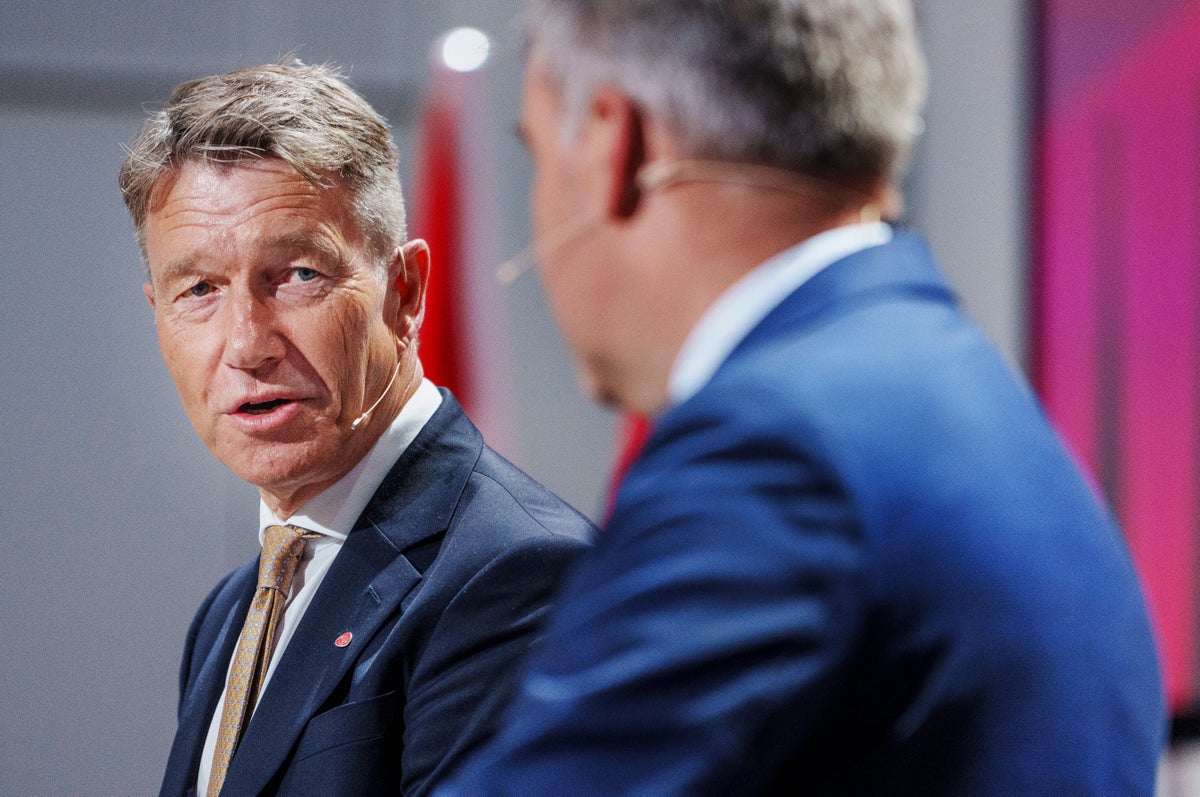
Norway said Tuesday it wants to open parts of the Norwegian continental shelf for commercial deep sea mining in line with the country’s strategy to seek new economic opportunities and reduce its reliance on the oil and gas industry.
Terje Aasland, Norway's minister for petroleum and energy, said in a statement the country needs minerals to help transition to a more green economy. The Norwegian seabed is reportedly rich with minerals including copper, zinc, manganese and cobalt.
“Currently the resources are controlled by a few countries, which makes us vulnerable,” he said.
But the Norwegian government's plan is controversial and environmental groups are warning that mining the sea bed would threaten the biodiversity of the vulnerable ecosystems in the area.
Louisa Casson, global project leader for Greenpeace’s Stop Deep Sea Mining campaign, said that “to forge ahead and unleash deep sea mining in the Arctic would be criminal.”
“Norway talks about leading the world but they clearly didn’t get the memo of the growing opposition to this industry,” she said in a statement. “Companies at the forefront of the green transition are already calling for a halt to this destructive industry, as are citizens and governments from Europe to the Pacific.”
Norway, one of the world’s wealthiest countries due to its vast oil and gas reserves, has significant mineral resources on the seabed, and their extraction could become “a new and important industry" for the country, the petroleum and energy ministry said.
If proven to be profitable, and if extraction can be done sustainably, seabed mineral activities can strengthen the economy, including employment in Norway, while ensuring the supply of crucial metals for the world's transition to sustainable energy, the ministry added.
Norway’s move comes a month before a meeting of the International Seabed Authority in Kingston, Jamaica, that will address the thorny issue of whether there should be industrial-scale extraction of valuable minerals from the depths of the ocean.







